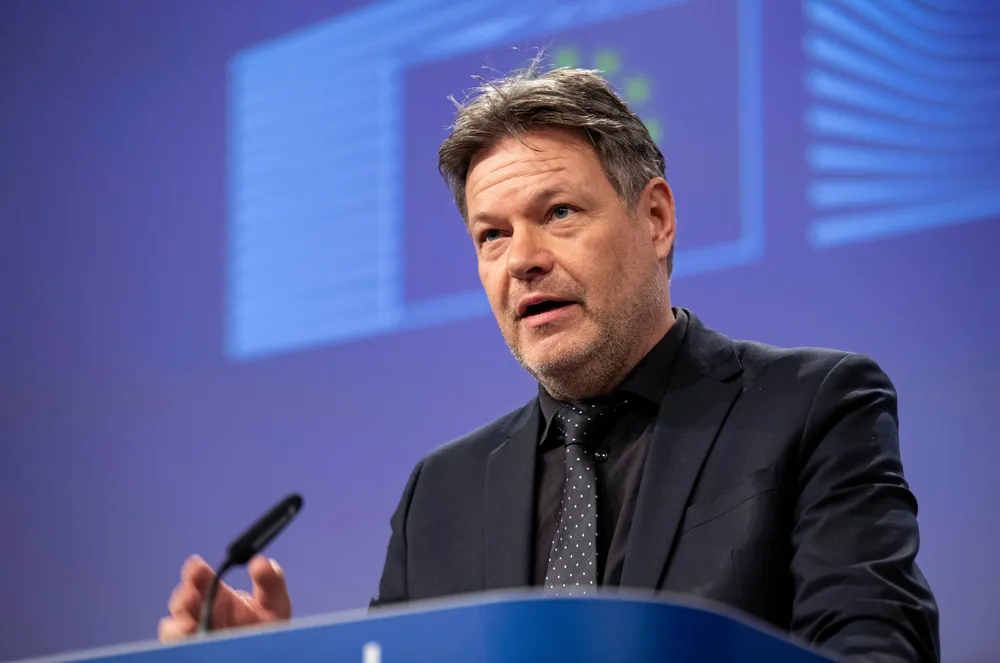Hydrogen in industry | Germany opens first €4bn bidding round for Carbon Contracts for Difference
Industrial users can bid for subsidies to switch to green H2 or other low-emissions technology

Industrial users can bid for subsidies to switch to green H2 or other low-emissions technology
